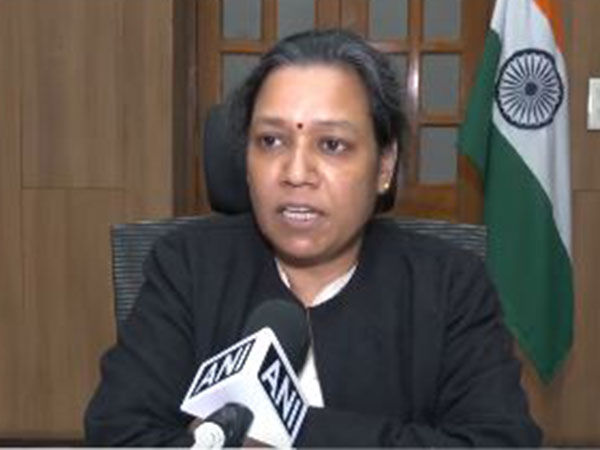Democratic Senator Chris Murphy has raised serious concerns over the safety of Americans' tax records, following claims that Elon Musk’s Department of Government Efficiency (DOGE) might have access to sensitive financial data. Murphy’s concerns point to the growing influence of DOGE over U.S. federal payment systems, including systems that handle Social Security and Medicare.
Also Read: After USAID and several federal agencies, Donald Trump and Elon Musk look to dismantle the Department of Education; here's their plan
Also Read : Sweden school shooting: Five people shot in Örebro, Police warn of ongoing danger
This issue has sparked a larger debate about the power that private companies like DOGE can hold over government processes. The move to limit the influence of USAID without Congressional approval, combined with DOGE’s actions, has raised serious questions about the balance between efficiency and privacy. These actions have also brought the issue of data security to the forefront, urging lawmakers to step in and ensure that Americans' tax records and other sensitive information remain safe.
FAQs:
What concerns does Senator Chris Murphy have about DOGE and tax records?
Senator Chris Murphy is worried that DOGE's involvement in federal payment systems could compromise the security of Americans' tax records.
Why is the role of DOGE in U.S. government operations controversial?
DOGE's growing influence over critical federal systems like Social Security and Medicare has sparked fears about data privacy and unauthorized access.
Budget with ET
Tax calculator
Why are Americans' tax records at risk?
According to Senator Murphy, the risk to Americans' tax records comes from DOGE's pressure on government officials. These actions have allegedly led to the resignation of key Treasury Department officials, such as David Lebryk, who resisted sharing sensitive data. The core of the concern is that DOGE could use its influence to gain access to personal financial information, which includes Americans' tax records. This could have serious privacy implications for citizens and raise questions about the transparency of federal payment systems.Also Read: After USAID and several federal agencies, Donald Trump and Elon Musk look to dismantle the Department of Education; here's their plan
What is DOGE's role in this situation?
Elon Musk’s DOGE, through its various initiatives, has increasingly become involved in government operations. DOGE’s efforts have raised alarms because of their approach to managing sensitive information, especially related to Social Security and other essential federal systems. The forced departures of key figures, who were resistant to DOGE's demands, have caused significant concern about the security of these financial systems and how they might be misused.Senator Murphy’s strong stand
Senator Chris Murphy has been vocal about his fears surrounding DOGE's influence on the U.S. government. He has called for more transparency and accountability in how DOGE handles sensitive data and emphasized the need to protect Americans' private information from any unauthorized use. Murphy insists that efficiency should never come at the cost of privacy.Also Read : Sweden school shooting: Five people shot in Örebro, Police warn of ongoing danger
This issue has sparked a larger debate about the power that private companies like DOGE can hold over government processes. The move to limit the influence of USAID without Congressional approval, combined with DOGE’s actions, has raised serious questions about the balance between efficiency and privacy. These actions have also brought the issue of data security to the forefront, urging lawmakers to step in and ensure that Americans' tax records and other sensitive information remain safe.
FAQs:
What concerns does Senator Chris Murphy have about DOGE and tax records?Senator Chris Murphy is worried that DOGE's involvement in federal payment systems could compromise the security of Americans' tax records.
Why is the role of DOGE in U.S. government operations controversial?
DOGE's growing influence over critical federal systems like Social Security and Medicare has sparked fears about data privacy and unauthorized access.
Disclaimer Statement: This content is authored by a 3rd party. The views expressed here are that of the respective authors/ entities and do not represent the views of Economic Times (ET). ET does not guarantee, vouch for or endorse any of its contents nor is responsible for them in any manner whatsoever. Please take all steps necessary to ascertain that any information and content provided is correct, updated, and verified. ET hereby disclaims any and all warranties, express or implied, relating to the report and any content therein.








